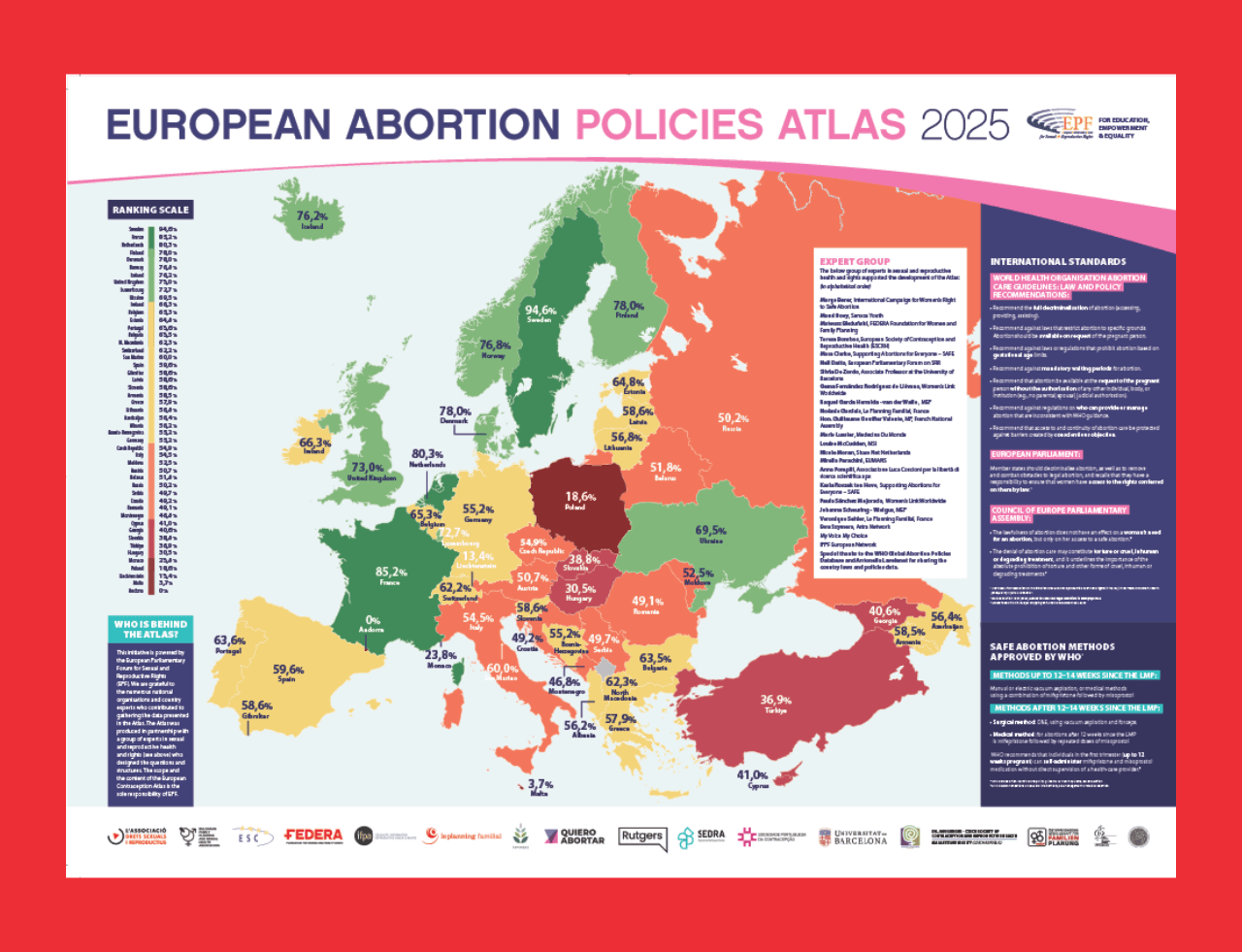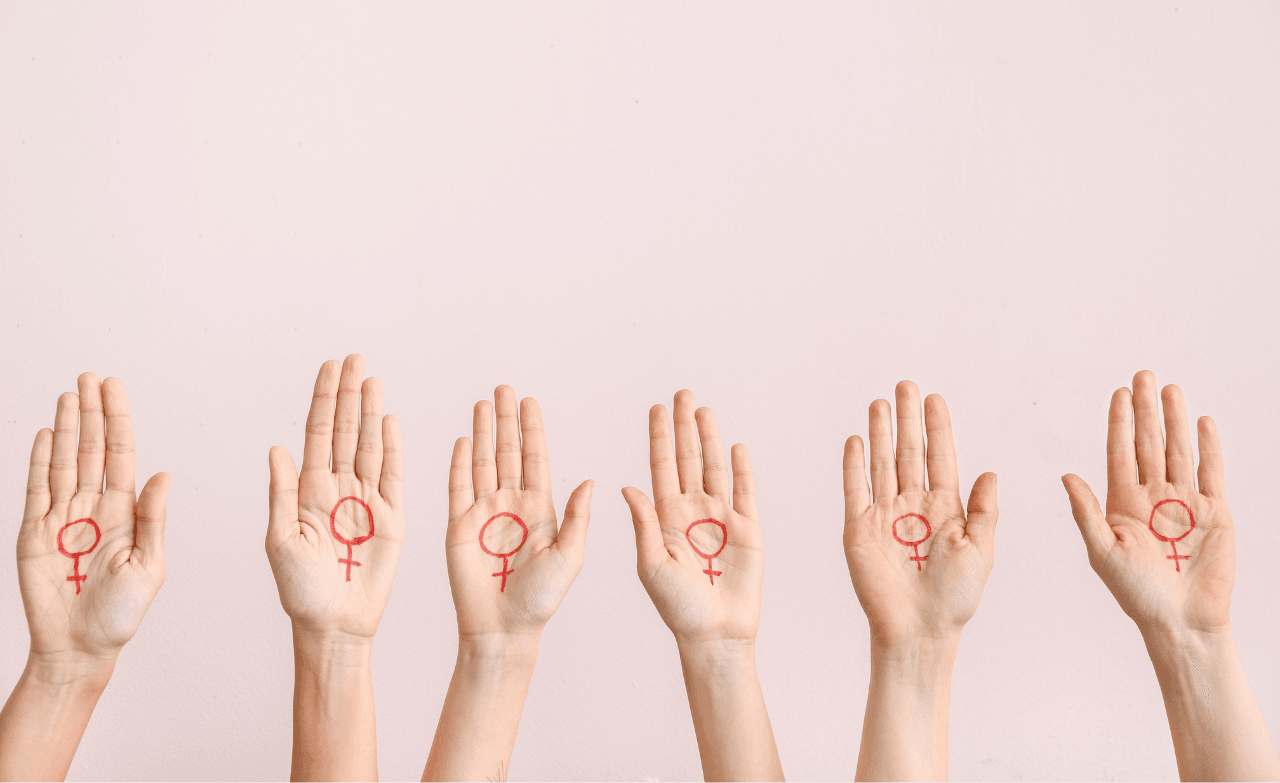The Federation for Women and Family Planning welcomes the sixty-second session of the Commission on the Status of Women (12-23.03.208) and its priority theme of “Challenges and opportunities in achieving gender equality and the empowerment of rural women and girls”.
Central and Eastern European region serves as an example of remaining challenges in progress concerning achieving gender equality and the empowerment of rural women and girls, particularly in the area of implementation and protection of sexual and reproductive health and rights.
In the last decades the countries of the region have struggled with the burden of transformation, resulting in vast economic and social disparities, especially among rural population, and therefore hindering the human rights advancement. The existing disparities are vast — the Eastern European region is lagging behind Western Europe when it comes to access to modern methods of contraception and information on sexual and reproductive health, including access to comprehensive sexuality education in schools. According to the recent UNFPA State of the World Population Report contraceptive prevalence is lower among women who are poorer, rural or less educated than among their richer, urban and more highly educated counterparts. Access to safe and legal abortion in Central and Eastern Europe is too on a lower level while comparing with Western Europe and generally there are more abortions, also unsafe ones, in this region. Women in rural areas especially have a more difficult time accessing safe abortion services; they are often forced to either travel far to a hospital or another facility granting safe abortion services what implies economic challenges and the need to support the family while the woman is gone. In countries where additional barriers to abortion are present, such mandatory waiting periods or the requirement to visit a counsellor/doctor before the procedure, the path to obtain a safe abortion is often a challenge for most at risk groups such as rural, unemployed women.
Currently the region of Central and Eastern Europe and Central Asia is experiencing a rise of fundamentalism, including religious fundamentalism, questioning women’s rights and bodily autonomy as well as democratic values. The increase of opposition towards women’s rights and the gains made in the recent decades since the Beijing consensus can be observed in almost all countries of the region. These worrying trends are supported by the lack of political will to commit to and respect international human rights standards and thus pose a serious threat to the human rights of women. Taking all these factors and recent developments into consideration it is evident that sexual and reproductive rights are currently under crisis in Central and Eastern Europe, and those who are mostly affected are women and girls in rural areas.
The Beijing Platform for Action recognizes unsafe abortion as a major public health concern and calls for safe abortion where it is not against the law. Today, over 20 years after these agreements have been set, is the time to move forward and recognize the right to safe and legal abortion as a human right. According to the World Health Organization, any illegal abortion is unsafe by definition and there are no laws or regulations that will stop women from terminating unwanted pregnancies. According to the most recent research by the World Health Organization and Guttmacher Institute in countries where abortion is permitted only to save the woman’s life or preserve her physical health only 1 in 4 abortions are safe; whereas in countries where abortion is legal on broader grounds nearly 9 in 10 abortions are safe.
Sadly, unsafe abortions — also in illegal settings — are the forced reality for many women in Central and Eastern Europe, especially in rural areas. Furthermore, it is now evident that the penalization of the procedure does not reduce the number of abortions. Instead, it results in higher maternal mortality and morbidity. As stated by the Food and Agriculture Organization of the United Nations, the high rates of maternal mortality remain an issue in some countries of the region of Eastern Europe and Central Asia. This is especially the case in rural areas, where lack of access to services contribute to higher death rates, and lack of services is generally fostered by a gap in awareness and the quality of sexual and reproductive health services.
No global progress can be reached without reaching gender equality and women’s empowerment in rural areas. However, these are impossible without universal recognition of sexual and reproductive rights and universal access to sexual and reproductive health, with particular focus on rural women and young people living in rural areas. Women are half the world’s population and today’s youth is the biggest generation of young people ever living on our planet. Guaranteeing fundamental rights of these groups and securing funds to improve the current situation globally are the essential components of reaching substantial improvement in other aspects of development — education, health, inequality, violence and poverty reduction.
The Federation for Women and Family Planning urges the United Nations Member States to undertake the following actions:
- Recognize the right to safe and legal abortion as a human right and remove all barriers in access to safe and legal abortion.
- Realize the highest attainable standard of sexual and reproductive health: ensure comprehensive sexuality education in schools, develop and support youth friendly services, ensure access to safe and legal abortion and access to affordable and modern methods of contraception.
- Ensure continued, committed and sustained investments in women’s sexual and reproductive health and rights;
- Guarantee the right to sexual and reproductive health and the sexual and reproductive rights, especially those of adolescents, marginalized groups of women and those with diverse sexual orientation and gender identities living in rural areas.
- Collect disaggregated gender and age sensitive data on Sexual and Reproductive Health and Rights of women and young people living in rural areas in order to support adequate progress assessment.




